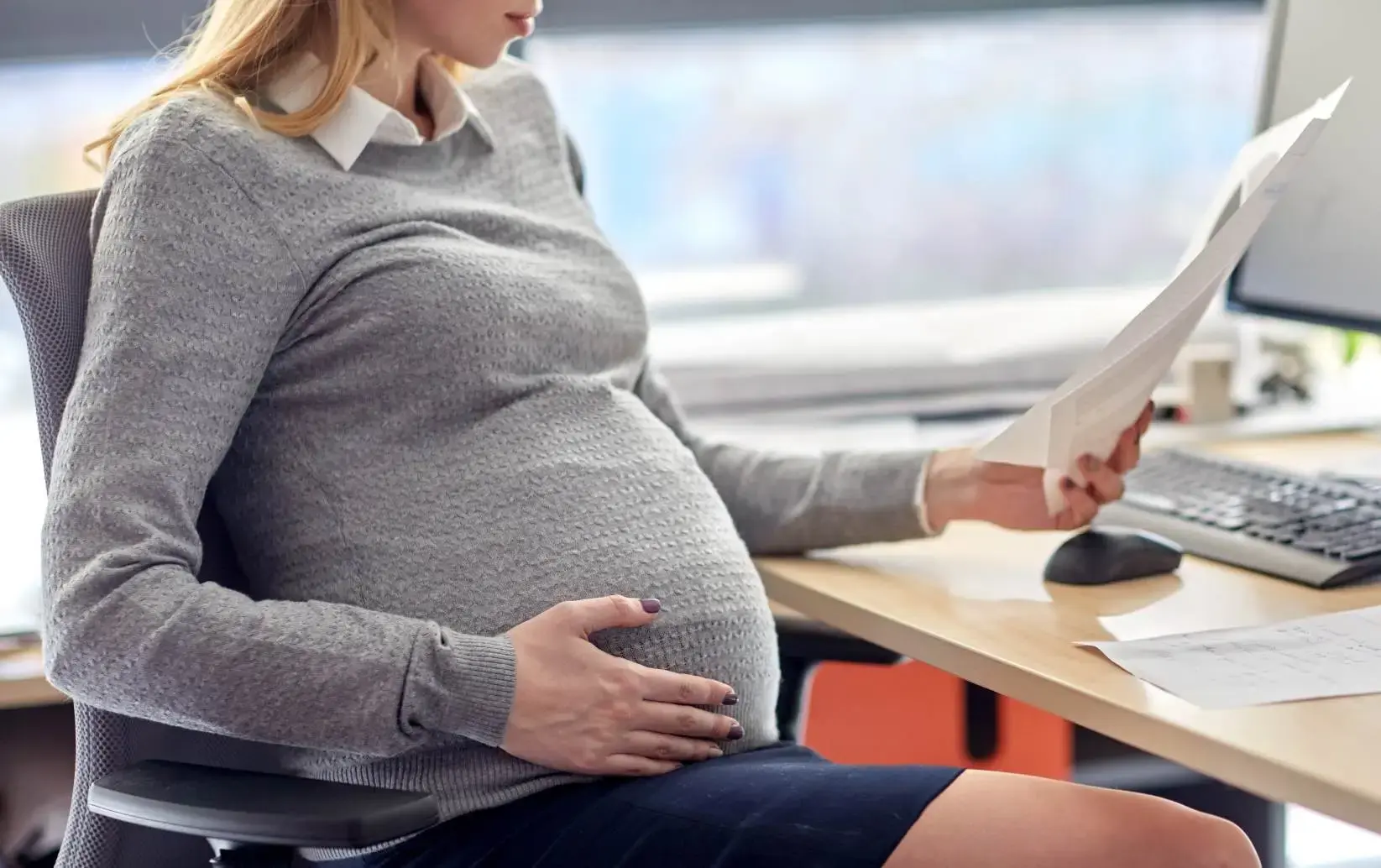Two New Sets Of Maternity/Paternity Regulations
Employees on maternity leave, adoption leave or shared parental leave now receive extra protection under the Maternity Leave, Adoption Leave and Shared Parental Leave (Amendment) Regulations 2024.
Meanwhile, the Paternity Leave (Amendment) Regulations 2024 offer a more flexible way to take time off work for fatherhood.
Both new sets of regulations have serious implications for employers…
Get Expert Legal Advice On Maternity And Paternity Leave
What Will The New Maternity Leave Regulations Mean?
The new regulations extend existing redundancy protection. They came into force on 6 April 2024.
The previous rules stipulated that parents on maternity leave, adoption leave or shared parental leave should – if being made redundant – be offered first refusal of any suitable alternative role.
Under the new regulations, this protection has been extended:
- Maternity – the protected period will cover the date that the employer is notified of the pregnancy, plus 18 months from the first day of the estimated week of childbirth. This protected period can be changed to cover 18 months from the exact date of birth if the employee gives the employer notice of this date before the maternity leave ends.
- Adoption – the protected period will cover 18 months from placement for adoption.
- Shared parental leave – the protected period will cover 18 months from birth (if the parent has taken at least six consecutive weeks of shared parental leave). But this won’t apply if the employee is already protected under one of the first two points.
So if an employee takes their full 12 months of maternity leave, they will still have protection from redundancy for a further six months after going back to work.
The new regulations became law on 6 April 2024, bringing the Protection from Redundancy (Pregnancy and Family Leave) Act 2023 into effect.
The extension of the protected period applies in cases where the employer has been informed of the pregnancy either on or after 6 April 2024.
What Will The New Paternity Leave Regulations Mean?
Under previous paternity leave rules, employees could take either one week or two consecutive weeks of paternity leave.
The employee had to give 15 weeks’ notice before the expected week of childbirth, with the leave being taken within 56 days of the birth.
But the position has now changed. Under the Paternity Leave (Amendment) Regulations 2024, employees are able to:
- take two weeks’ paternity leave as two separate one-week blocks, rather than as one long fortnight
- take paternity leave at any time in the 52 weeks after the birth
- give their employer only 28 days’ notice of wanting to take paternity leave.
Penalties For Breaching The Rules
Employers have long been aware of the pitfalls surrounding maternity and paternity leave. This is a sensitive area of legislation which can lead to discrimination claims.
Discrimination at work falls under the Equality Act 2010. Pregnancy and maternity are protected characteristics under the Act.
The penalties for employers found to have discriminated against employees can be severe. They include unlimited fines.
The Act has been in force for well over a decade so many employees know about the unlimited fines – and may try to use them as a threat to strengthen their negotiating position.
In addition, an employer could be in breach of an employee’s redundancy rights if they are not offered a suitable alternative role. This could leave the employer open to a claim for unfair dismissal.
A simple phone call to an experienced solicitor who specialises in employment law can help you to avoid unwittingly breaching the regulations – or to reduce the potential impact of an existing issue.
Get Expert Legal Advice On Maternity And Paternity Leave
Given all these legal changes, it pays to get expert legal advice as soon as possible. Timing is important when it comes to complying with the new rules.
For specialist legal advice on employment law, contact Coles Miller Solicitor Hugh Reid. He is a member of the Employment Lawyers Association (ELA), the voice of authority in this complex area of the law. Hugh qualified as a solicitor in April 2006, and has been specialising in employment law since September 2008.
Before qualifying as a solicitor, Hugh worked in the legal department at Surrey Police HQ, where he dealt exclusively with employment law matters.
His areas of expertise include maternity/paternity rights, discrimination claims, redundancy, TUPE, holiday entitlement, employment contracts, wrongful dismissal, settlement agreements, ill-health absences and dismissals, restrictive covenants, equal pay claims, disciplinary and grievance procedures and data protection issues.
Hugh is based at Coles Miller’s Poole office.
* This document is not intended to constitute and should not be used as a substitute for legal advice on any specific matter. No liability for the accuracy of the content of this document, or the consequences of relying on it, is assumed by the author. If you seek further information, please contact Hugh Reid at Coles Miller Solicitors LLP.







